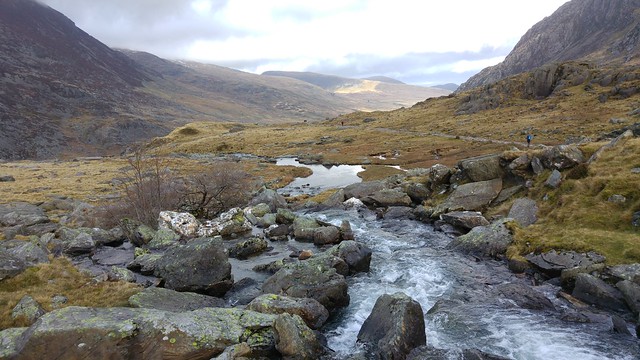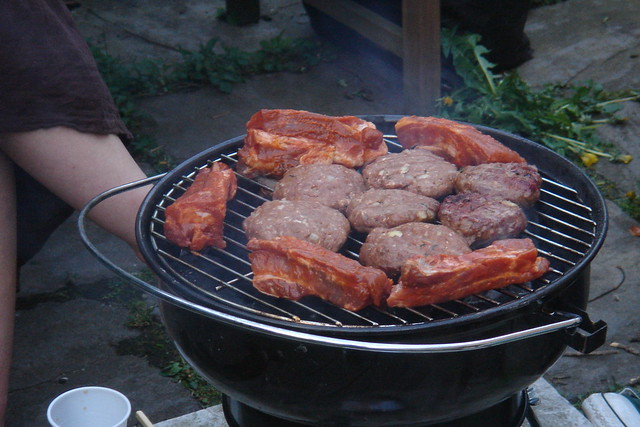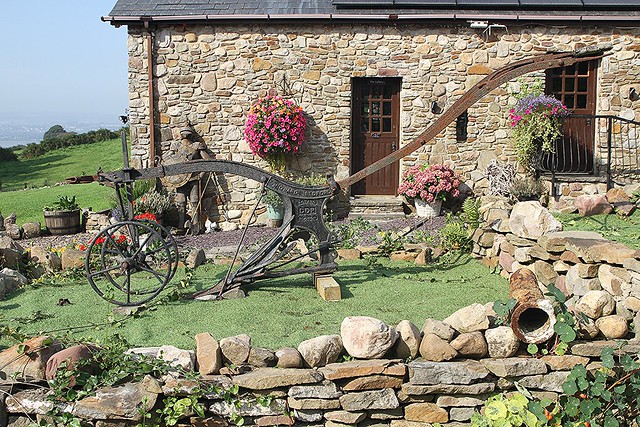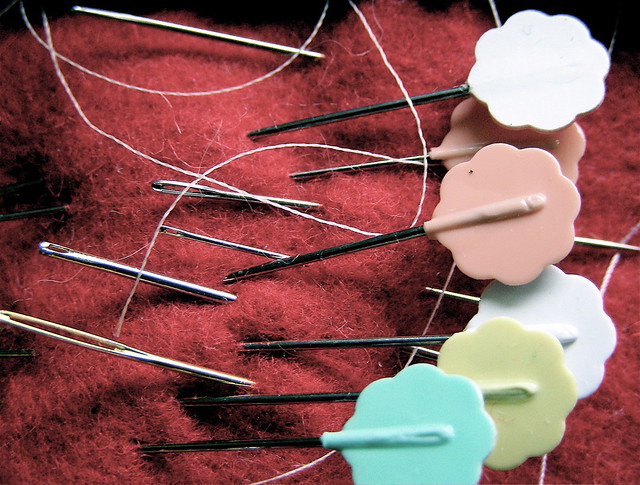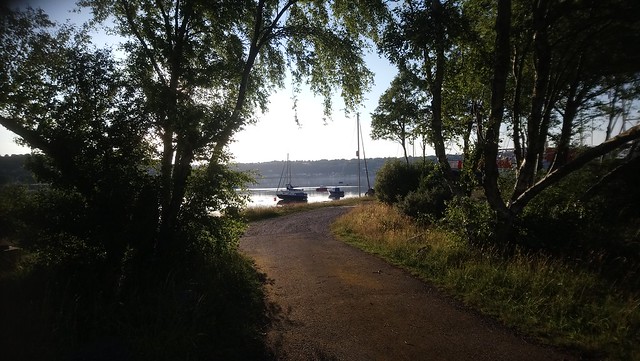Words for light, lungs and related things in Celtic languages.
Words marked with a * are reconstructions.
| Proto-Celtic | *skamos = light (weight) |
|---|---|
| Old Irish (Goídelc) | scam = lungs |
| Middle Irish (Gaoidhealg) | scamán, scaman = lung scoim, scaim = lungs |
| Irish (Gaeilge) | scamhóg [sˠkəˈvˠoːɡ / ˈsˠkawoːɡ] = lung scamhógach = pulmonary |
| Scottish Gaelic (Gàidhlig) | sgamhan [sgavan] = lung sgamhanach [sgavanəx] = pulmonary |
| Manx (Gaelg) | scowan = lung scowanagh = pulmonary, chesty, bronchial |
| Old Welsh (Kembraec) | scamnhegint = to lighten |
| Middle Welsh (Kymraec) | ysgaỽn, yscafyn, ysgavyn, ysgafyn, yscawin, ysgawn = light, quick, swift, nimble yscafny = to lighten escavynder, yscavnder = lightness, frivolity, levity yscaunhav, ysgauynhav, ysgauynhau = to lighten eskeueynt, (y)scheueyn, yscefeint, ysgyueint = lungs, lights (food) |
| Welsh (Cymraeg) | ysgafn [ˈəsɡavn] = light, quick, swift, speedy, brisk, fleet, nimble, light-footed, mild, slight, cheap, easy, unimportant, trifling, soft (drink) (y)sgafnaf, (y)sgafnu = to lighten, become giddy, brighten ysgafnder = lightness, frivolity, levity ysgafnhad = lightening, alleviation ysgafnhau = to lighten (y)sgyfaint, (y)sgyfain = lungs, lights (food), pulmonary disease, pneumonia ysgyfeinaidd, ysgyfeiniol = pulmonary |
| Old Cornish | sceuens = lungs |
| Middle Cornish (Cernewec) | scaf, scâv, scâff, sc(h)aff, sgav = light in weight, nimble scevens, sceuens, skephans = lungs, lights |
| Cornish (Kernewek) | skav = agile, flimsy, light, nimble, quick, slight, swift skavder = agility, quickness, speed skafhe = to lighten skevens = lungs scowanagh = pulmonary |
| Old Breton (Brethonoc) | scam = light, frivolous, alert |
| Middle Breton (Brezonec) | scanff = light, frivolous, alert scaffhat = to lighten, mitigate, attenuate squeuent, squèuent = lungs |
| Breton (Brezhoneg) | skañv [ˈskã(w)] = light, frivolous, alert skañvaad [skã.ˈfɑːt / skã.ˈvɑːt] = to lighten, mitigate, attenuate skañvbennadurezh = frivolity skañvded [ˈskãː.det] = lightness skevent [ˈskeː.vɛnt] = lungs, pulmonary |
Etymology: possibly from Proto-Indo-European *(s)ḱem- [source].
| Old Irish (Goídelc) | étromm [ˈeːdrum] = light étrommaigid = to lighten, alleviate |
|---|---|
| Middle Irish (Gaoidhealg) | étromm, etrom, étrom = light, airy, buoyant, slight, trifling, unimportant |
| Irish (Gaeilge) | éadrom [ˈiːa̯d̪ˠəɾˠəmˠ / ˈeːd̪ˠɾˠəmˠ] = light, not deep, weak, thin, sparse, frivolous, trivial, light-headed, free from care éadromaigeanta = light of spirit, light-hearted éadromaigh = to lighten éadromán = lightened, air-filled, object, balloon, float, light-headed person éadromántacht = light-headedness, frivolity |
| Scottish Gaelic (Gàidhlig) | aotrom [ɯːdrəm] = light, light-hearted, trivial, frivolous aotromachd [ɯːdrəməxg] = lightness, levity, buoyancy aotromaich [ɯːdrəmɪç] = lighten, make ligter, alleviate aotromas [ɯːdrəməs] = lightness |
| Manx (Gaelg) | eddrym = light(weight), unsubstantial, slight, mild, feint, benign, weak, empty (headed), flighty, shallow, silly, vain, frivolous eddrymaghey = to lighten, unburden, alleviate, ease eddrymid = lightness, levity, giddiness, mildness, shallowness eddrymys = lightness, levity |
Etymology: from Old Irish é- (un-) and trom (heavy) [source]. More on words for heavy in Celtic languages.
Sources: Wiktionary, Am Faclair Beag, Online Manx Dictionary, Teanglann.ie, eDIL – Electronic Dictionary of the Irish Language, In Dúil Bélrai English – Old Irish glossary, Geiriadur Prifysgol Cymru, Gerlyver Kernewek, Dictionaire Favereau, TermOfis, English – ProtoCeltic WordList (PDF), Etymological Dictionary Of Proto Celtic






